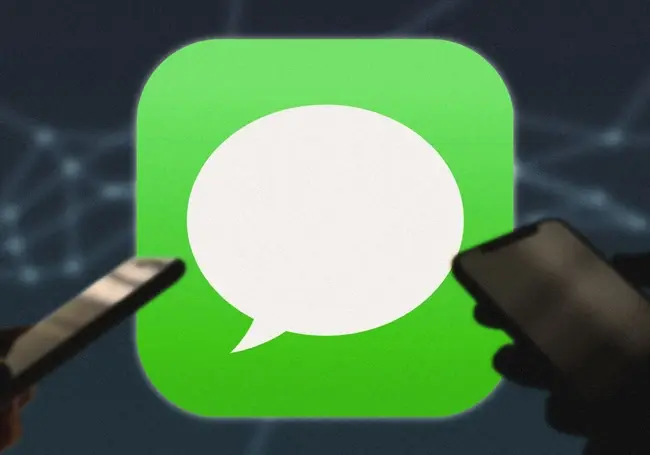Since the summer of 2023, a surge in hackers targeting Apple users in phishing attacks has been observed.
While Apple iMessage has a highly secure built-in feature to protect users from phishing attempts, cybercriminals have managed to disable this protection.
These threat actors have been allegedly exploiting Apple iMessage users into responding to a text message or adding the sending to their contact list. This re-enables the disabled phishing links as a result, breaking protection.

‘Smishing Surge’ in Apple iMessage
SMS phishing attacks, also referred to as smishing have been experiencing a surge in the past few months.
Bleeping Computer reported that it has seen a surge in smishing attacks attempting to trick users into replying to a text so that links are enabled again.
Apple told Bleeping Computer that if a user replies to that message or adds the sender to their contact list, the links will be enabled.
Alluding to an example, the media organisation explained that a fake USPS shipping issue and a fake unpaid road toll text were sent from unknown senders, and iMessage automatically disabled the links.
Also Read: Apple Confirms macOS Targeted in Zero-Day Vulnerability Cyber Attacks
Cybercriminals Exploiting User Reply Feature
When users were asked to respond with the letter “Y”, and they did, it enabled the link.
“Please reply Y, then exit the text message, reopen the text message activation link, or copy the link to Safari browser to open it," a smishing message stated.
Users have become accustomed to responding to official messages with “Yes,” “No,” or “Stop,” for instance to confirm or cancel appointments. Cybercriminals have exploited this action by tricking users into responding, posing as someone the user might likely reply to.
As a result of the surge in SMS phishing, Apple is encouraging user vigilance and emphasising the importance of only responding to texts from known contacts.
By default, Apple iMessage automatically disables links in messages from unknown senders, regardless of whether they are sent from an email address or phone number.
“While neither of these phishing lures is new, we noticed that these smishing texts, and others seen recently, ask users to reply with "Y" to enable the link,” stated Bleeping Computer.
Also Read: Apple Sounds Alarm Over iPhone Mercenary Spyware Attacks







Comments ( 0 )